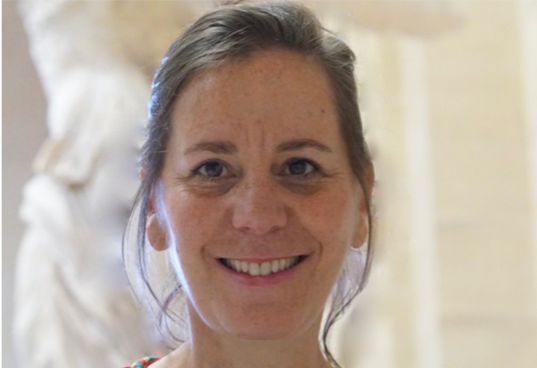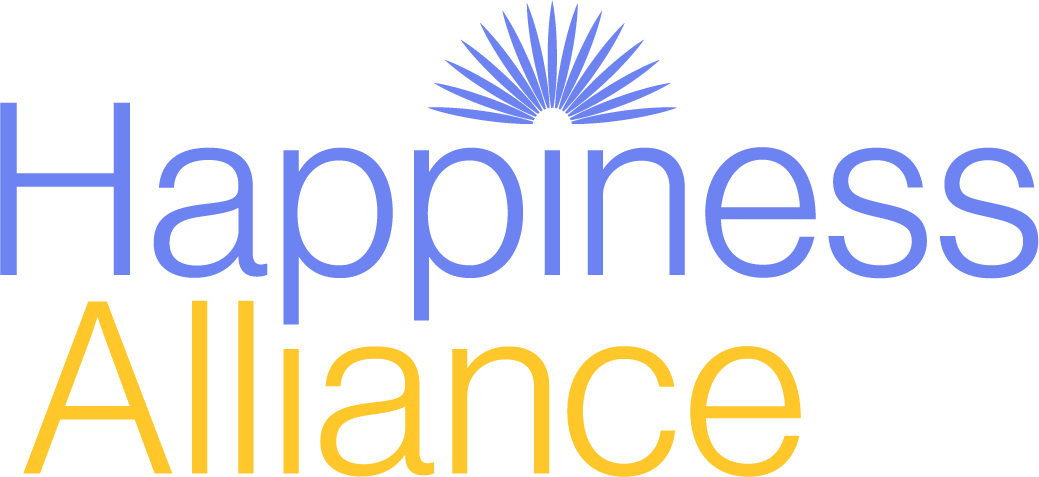Laura MusikanskiLaura is the executive director the Happiness Alliance (happycounts.org). She co-authored The Happiness Policy Handbook as well as Happiness, Well-being and Sustainability: A Course in Systems Change and other books and articles. Laura is a member of the editorial board for Springer Journal's International Journal of Community Well-being. She served as vice chair for the Well-being Committee of IEEE’s Global Initiative on Ethics of Autonomous and Intelligent Systems and chair for IEEE Standard 7010 Recommended Practice for Assessing the Impact of Autonomous and Intelligent Systems on Human Well-Being. Laura is a lawyer with an MBA and certifications in environmental management as well as environmental law and regulation - her version of a sustainability education before one was available.
|
Never before has the role of metrics been so pressing as with AI, given how it is influencing every aspect of our lives - from the work place to health care, policing and surveillance, to how business is conducted and how governments are run. AI accelerates the impacts of the Anthropocine era, and so we must choose which impacts we want to accentuate and which we want to decelerate. We do this with metrics because what we measure is what we manage, what we care about, and what we get. We have the opportunity to realize well-being for communities, happiness for individuals (happiness in terms of eudaimonia or flourishing and self-actualizing) and sustainability for our planet through our ever increasing adoption and use of AI, or accelerate the destruction of our own species - and that of many others.
I envision a time when there is a common perception across cultures and socio-economic statuses that humans are a part of our beautiful earth, and not separate from it, and as such that other species and ecosystems are our kin, and so we take care of each other, other species, and nature as we take care and care about of our economic systems today. My hope is that we come to this before we have so endangered and destroyed other species and ecosystems that we endanger and decimate our own species due to our current practices. Our unhealthy interaction with wildlife produced Covid-19, and my hope is that we will, as a species and in our institutions, learn from this in a positive way for all beings. In the shorter term, I hope that tourism and business as usual is transformed to conserve and restore community well-being and ecological health through existing and adapted ways of doing business, having fun, and being alive.
In the form of questions: Can the concept of Happiness Roundtables further the happiness movement? What collective action is being called to advance shifts in economic, social, environmental and personal systems that individual organizations, project and people cannot answer alone? Can Happiness Roundtables help the individual organizations, projects and people working in the happiness movement to advance their own work and the happiness movement synergistically; in ways that benefit both and do not have a deleterious impact on the integrity of either? If so, how can Happiness Roundtables best serve individual organizations, projects and people as well as the collective happiness movement?
I envision a time when there is a common perception across cultures and socio-economic statuses that humans are a part of our beautiful earth, and not separate from it, and as such that other species and ecosystems are our kin, and so we take care of each other, other species, and nature as we take care and care about of our economic systems today. My hope is that we come to this before we have so endangered and destroyed other species and ecosystems that we endanger and decimate our own species due to our current practices. Our unhealthy interaction with wildlife produced Covid-19, and my hope is that we will, as a species and in our institutions, learn from this in a positive way for all beings. In the shorter term, I hope that tourism and business as usual is transformed to conserve and restore community well-being and ecological health through existing and adapted ways of doing business, having fun, and being alive.
In the form of questions: Can the concept of Happiness Roundtables further the happiness movement? What collective action is being called to advance shifts in economic, social, environmental and personal systems that individual organizations, project and people cannot answer alone? Can Happiness Roundtables help the individual organizations, projects and people working in the happiness movement to advance their own work and the happiness movement synergistically; in ways that benefit both and do not have a deleterious impact on the integrity of either? If so, how can Happiness Roundtables best serve individual organizations, projects and people as well as the collective happiness movement?

